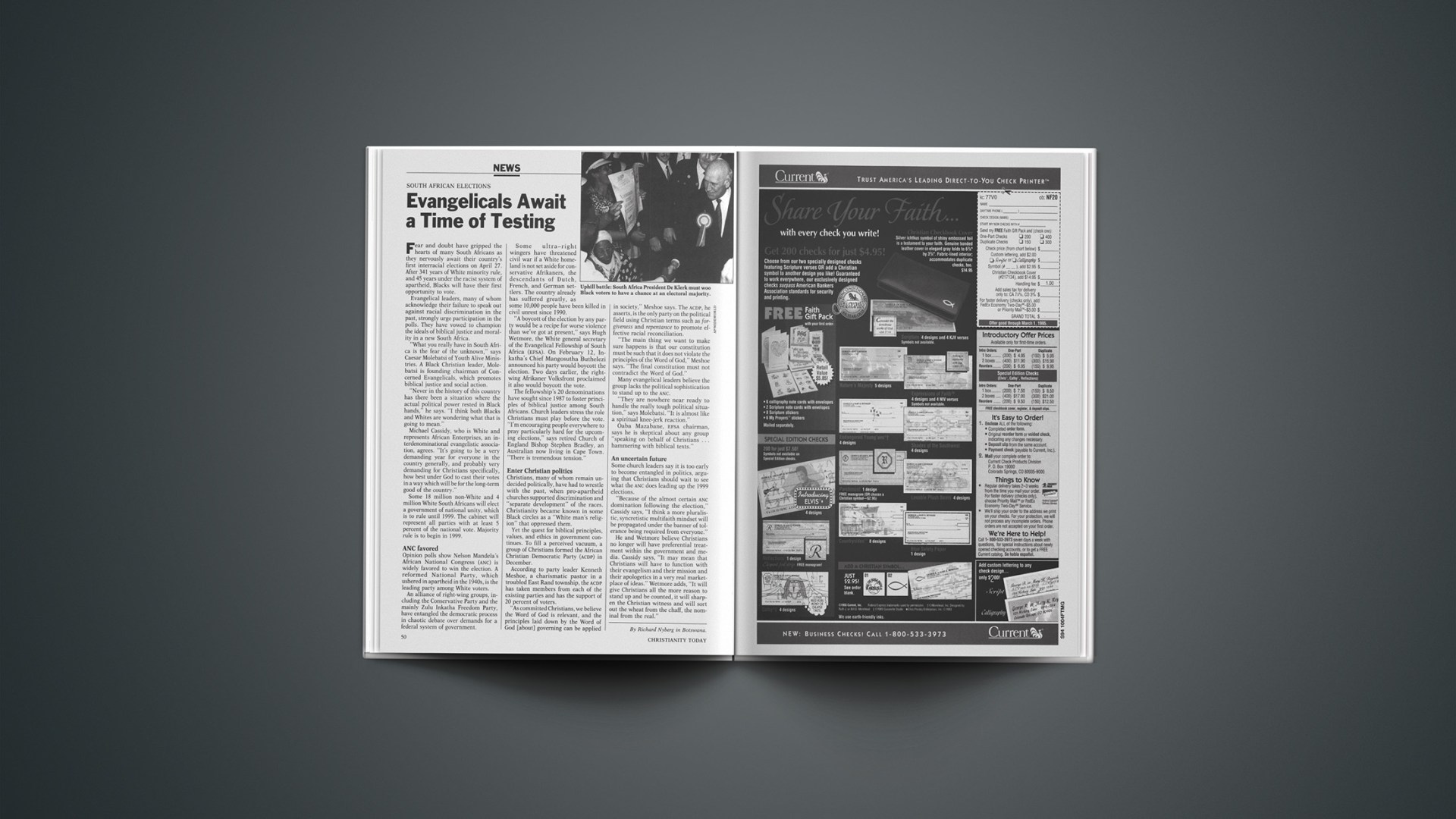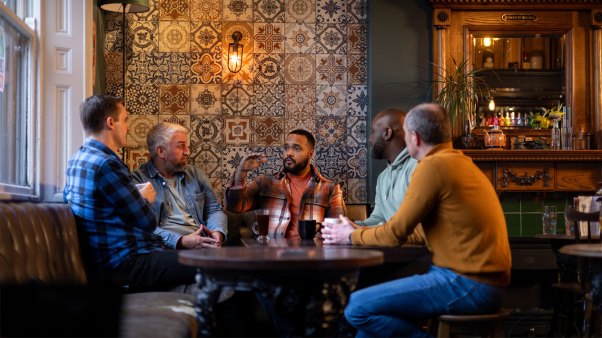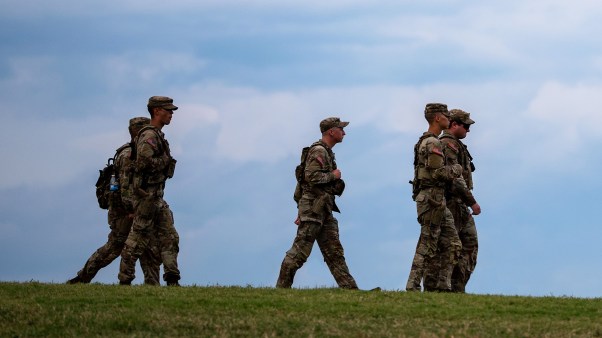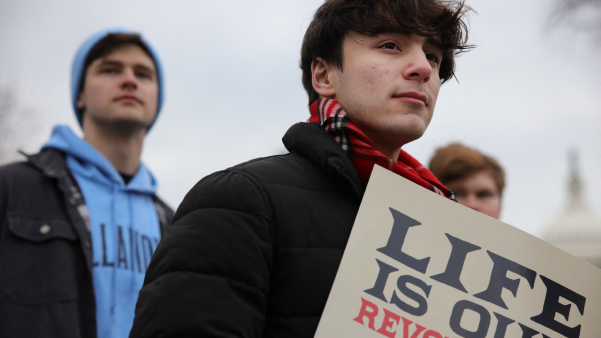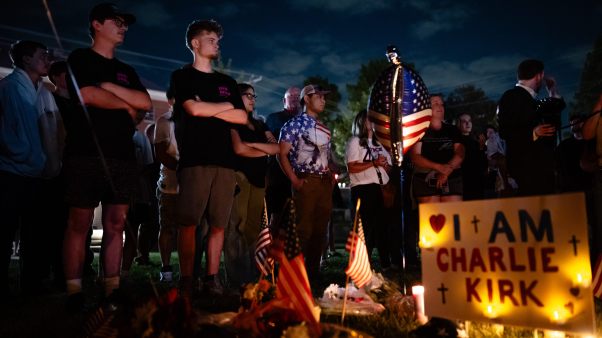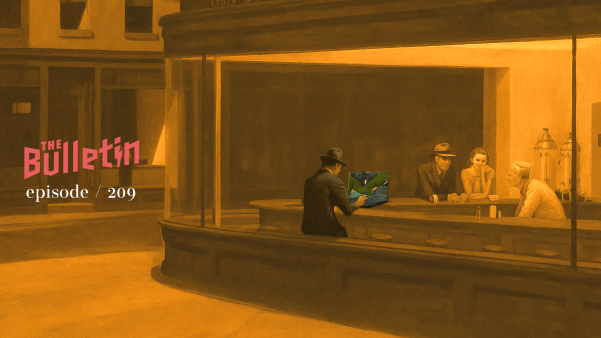Fear and doubt have gripped the hearts of many South Africans as they nervously await their country’s first interracial elections on April 27. After 341 years of White minority rule, and 45 years under the racist system of apartheid, Blacks will have their first opportunity to vote.
Evangelical leaders, many of whom acknowledge their failure to speak out against racial discrimination in the past, strongly urge participation in the polls. They have vowed to champion the ideals of biblical justice and morality in a new South Africa.
“What you really have in South Africa is the fear of the unknown,” says Caesar Molebatsi of Youth Alive Ministries. A Black Christian leader, Molebatsi is founding chairman of Concerned Evangelicals, which promotes biblical justice and social action.
“Never in the history of this country has there been a situation where the actual political power rested in Black hands,” he says. “I think both Blacks and Whites are wondering what that is going to mean.”
Michael Cassidy, who is White and represents African Enterprises, an interdenominational evangelistic association, agrees. “It’s going to be a very demanding year for everyone in the country generally, and probably very demanding for Christians specifically, how best under God to cast their votes in a way which will be for the long-term good of the country.”
Some 18 million non-White and 4 million White South Africans will elect a government of national unity, which is to rule until 1999. The cabinet will represent all parties with at least 5 percent of the national vote. Majority rule is to begin in 1999.
ANC favored
Opinion polls show Nelson Mandela’s African National Congress (ANC) is widely favored to win the election. A reformed National Party, which ushered in apartheid in the 1940s, is the leading party among White voters.
An alliance of right-wing groups, including the Conservative Party and the mainly Zulu Inkatha Freedom Party, have entangled the democratic process in chaotic debate over demands for a federal system of government.
Some ultra-right wingers have threatened civil war if a White homeland is not set aside for conservative Afrikaners, the descendants of Dutch, French, and German settlers. The country already has suffered greatly, as some 10,000 people have been killed in civil unrest since 1990.
“A boycott of the election by any party would be a recipe for worse violence than we’ve got at present,” says Hugh Wetmore, the White general secretary of the Evangelical Fellowship of South Africa (EFSA). On February 12, Inkatha’s Chief Mangosutha Buthelezi announced his party would boycott the election. Two days earlier, the right-wing Afrikaner Volksfront proclaimed it also would boycott the vote.
The fellowship’s 20 denominations have sought since 1987 to foster principles of biblical justice among South Africans. Church leaders stress the role Christians must play before the vote. “I’m encouraging people everywhere to pray particularly hard for the upcoming elections,” says retired Church of England Bishop Stephen Bradley, an Australian now living in Cape Town. “There is tremendous tension.”
Enter Christian politics
Christians, many of whom remain undecided politically, have had to wrestle with the past, when pro-apartheid churches supported discrimination and “separate development” of the races. Christianity became known in some Black circles as a “White man’s religion” that oppressed them.
Yet the quest for biblical principles, values, and ethics in government continues. To fill a perceived vacuum, a group of Christians formed the African Christian Democratic Party (ACDP) in December.
According to party leader Kenneth Meshoe, a charismatic pastor in a troubled East Rand township, the ACDP has taken members from each of the existing parties and has the support of 20 percent of voters.
“As committed Christians, we believe the Word of God is relevant, and the principles laid down by the Word of God [about] governing can be applied in society,” Meshoe says. The ACDP, he asserts, is the only party on the political field using Christian terms such as forgiveness and repentance to promote effective racial reconciliation.
“The main thing we want to make sure happens is that our constitution must be such that it does not violate the principles of the Word of God,” Meshoe says. “The final constitution must not contradict the Word of God.”
Many evangelical leaders believe the group lacks the political sophistication to stand up to the ANC.
“They are nowhere near ready to handle the really tough political situation,” says Molebatsi. “It is almost like a spiritual knee-jerk reaction.”
Oaba Mazabane, EFSA chairman, says he is skeptical about any group “speaking on behalf of Christians … hammering with biblical texts.”
An uncertain future
Some church leaders say it is too early to become entangled in politics, arguing that Christians should wait to see what the ANC does leading up the 1999 elections.
“Because of the almost certain ANC domination following the election,” Cassidy says, “I think a more pluralistic, syncretistic multifaith mindset will be propagated under the banner of tolerance being required from everyone.”
He and Wetmore believe Christians no longer will have preferential treatment within the government and media. Cassidy says, “It may mean that Christians will have to function with their evangelism and their mission and their apologetics in a very real marketplace of ideas.” Wetmore adds, “It will give Christians all the more reason to stand up and be counted, it will sharpen the Christian witness and will sort out the wheat from the chaff, the nominal from the real.”
By Richard Nyberg in Botswana.

